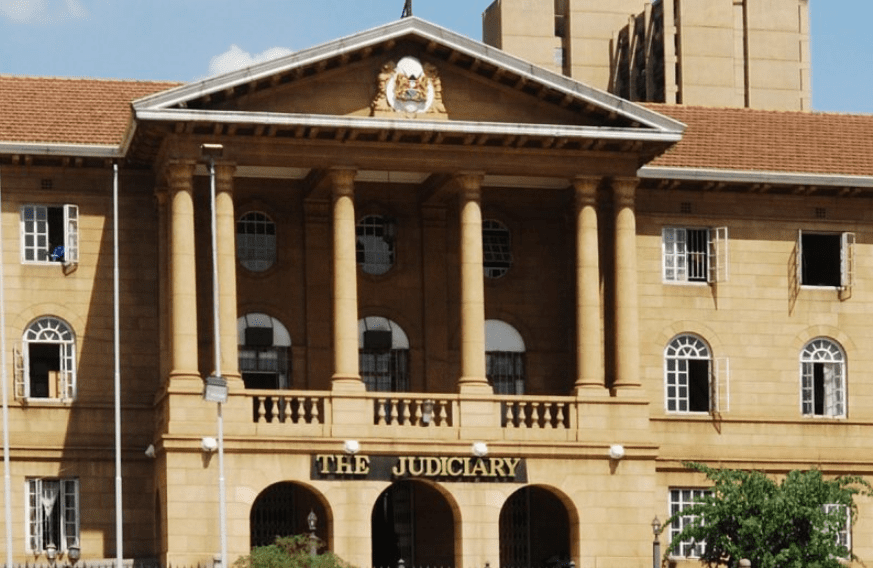
Ombudsman challenges Judiciary to enhance transparency
The Commission on Administrative Justice (Office of the Ombudsman) has challenged the Judicial Service Commission (JSC) to enhance transparency in handling judicial complaints and decisions.
In a statement, CAJ Chair Charles Dulo emphasised that one of the JSC’s primary functions is to receive and investigate complaints against judges and recommend disciplinary actions when necessary. This oversight role he says is crucial for maintaining high standards of judicial conduct and ensuring public trust in the judiciary.
However, Dulo pointed out that without sufficient public disclosure regarding the outcomes of these complaints, perceptions of corruption and a lack of accountability may arise, ultimately undermining confidence in the integrity of the judiciary.
In an advisory, the Commission has given the Judicial Service Commission (JSC) 21 days to make public on its website and other platforms the complaints and petitions lodged against judges, the responses received, and the outcomes.
JSC is expected to submit a compliance report in accordance with Section 5 of the Access to Information Act, 2016.
“ the Commission in an advisory to the Chief Justice and the Chairperson of JSC, Hon. Justice Martha K. Koome, recommends that the JSC regularly publish detailed information on its official website and other platforms taking into account the provisions of the Data Protection Act, 2019” he said.
Further, Section 5 of the Access to Information Act, 2016 requires public entities to proactively disclose information which is relevant to members of the public or which is likely to affect or give effect to the realization of citizens’ fundamental rights and freedoms.
Since the establishment of the JSC in 2011, a total of 935 cases against judges have been lodged. Of these, 862 cases have been finalised, leaving a backlog of 73 cases.
Notably, 772 complaints translating to 82.5% of the concluded cases were dismissed based on decisional independence.
“These statistics highlight both the volume of complaints received and the need for a more transparent process regarding how these complaints are managed” Dulo said.
